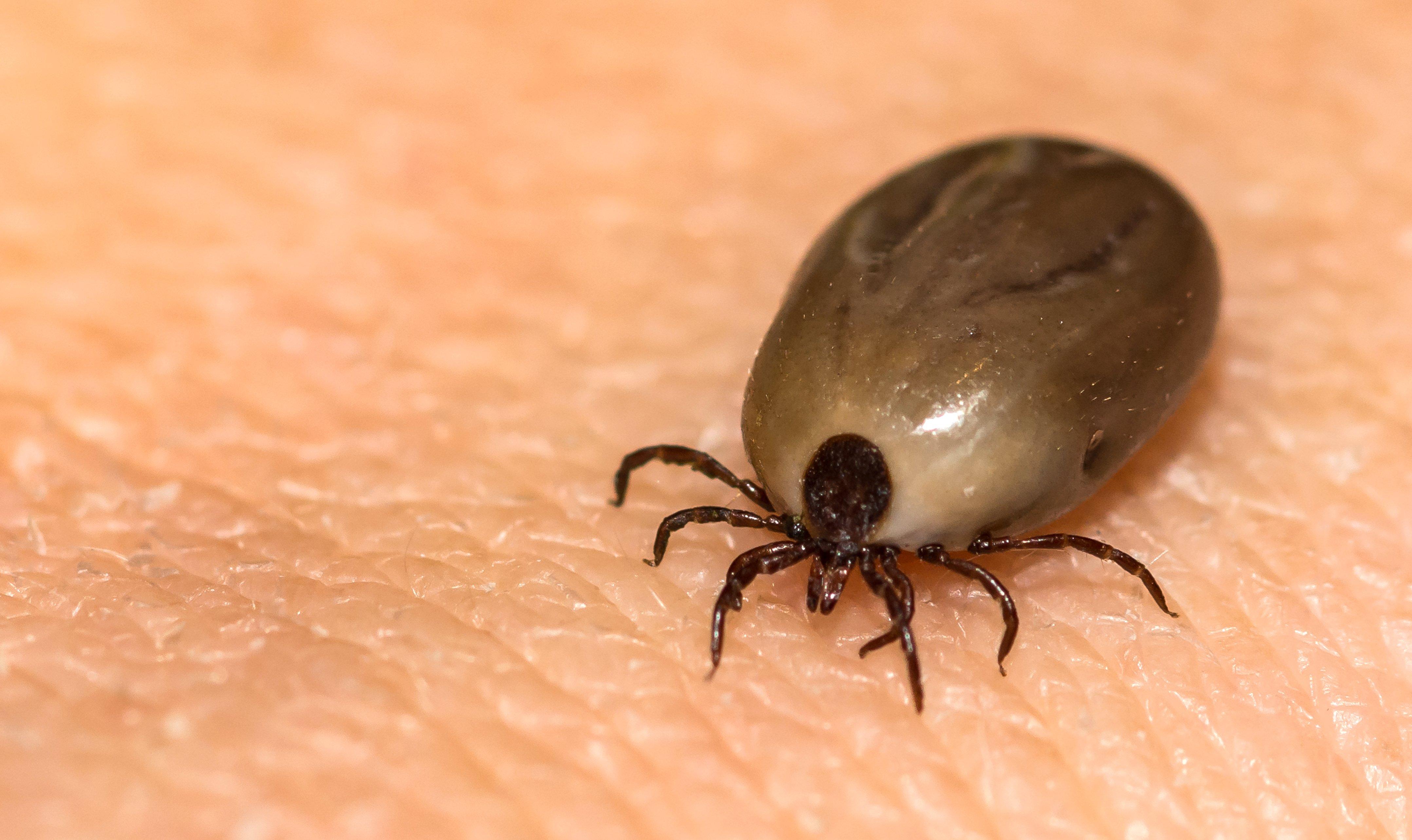Babesiosis Can Be Deadly for Those With Weakened Immune Systems

Deer ticks are spreading a disease called babesiosis, which can be deadly for those with compromised immune systems. Image by Jay Ondreicka
Ticks are spreading a new, potentially deadly disease that can mimic a simple summer cold.
People reports that according to the CDC, cases of babesiosis have significantly increased in the Northeast. While the disease is often asymptomatic or presents only with mild symptoms, patients who are immunocompromised or asplenic (have had their spleen removed) are at risk of more serious complications.
“In certain patients, severe complications can occur, including thrombocytopenia, renal failure, and acute respiratory distress syndrome,” the CDC warns.
"They have a fever, chills, body aches, and headache; however, some patients may experience more severe symptoms. And babesiosis can even be life-threatening," according to the Mayo Clinic’s Dr. Bobbi Pritt.
Fortunately, babesiosis can be treated with common medication such as azithromycin and atovaquone if caught early. The CDC says babesiosis transmission usually requires that a tick is attached for 36 to 48 hours, while Lyme disease can be transmitted after a tick has been attached for 24 hours.
Both of the diseases are spread by the black-legged tick, also known as the deer tick. Babesiosis has emerged at a time when Lyme disease is also on the rise. And although Lyme disease shares similar symptoms with babesiosis, such as fever and headache, it often produces a bullseye rash that makes it easier to spot. According to the CDC, that rash occurs in up to 80% of infections.
If untreated, Lyme disease also can have more dire outcomes for generally healthy people. “[It] will disseminate throughout the body to the joints, and to the nervous system in the brain, whereas babesiosis doesn't have that same pattern of dissemination. However, it can be life-threatening,” Pritt says.
Below-freezing temperatures can kill off ticks, but this past winter was mild across much of the U.S. In fact, experts in Connecticut have declared ticks a year-round problem, due to the warmer temperatures.
“It’s going to be an above average year for tick activity and abundance,” Goudarz Molaei, a tick expert for the state of Connecticut, told the Associated Press.










